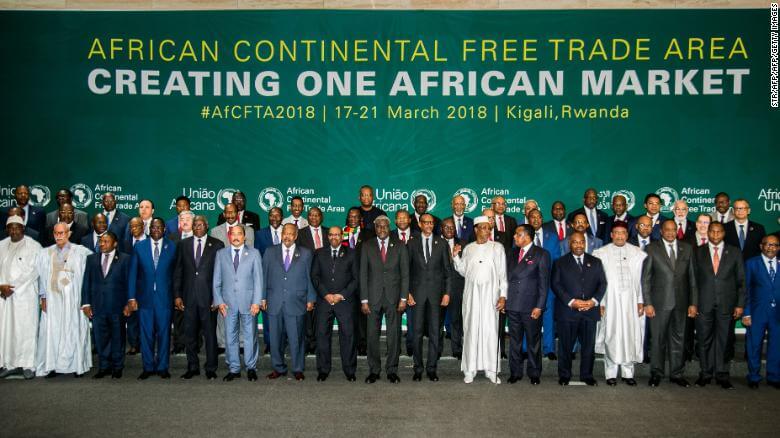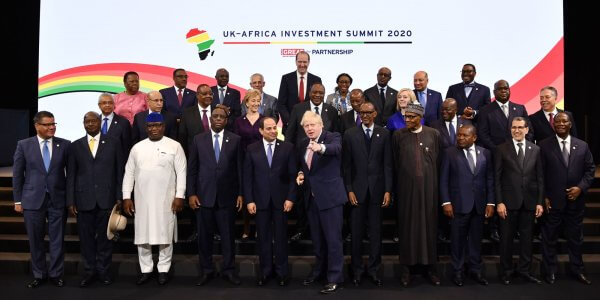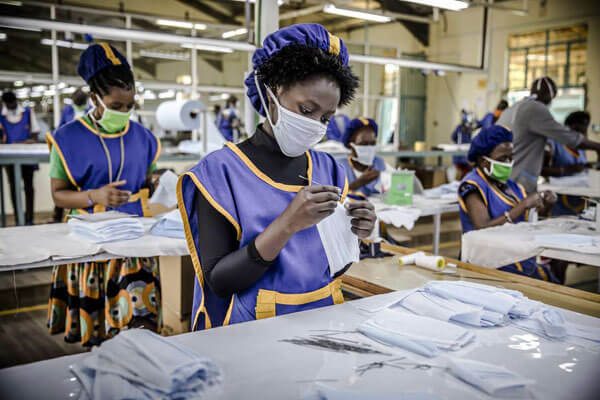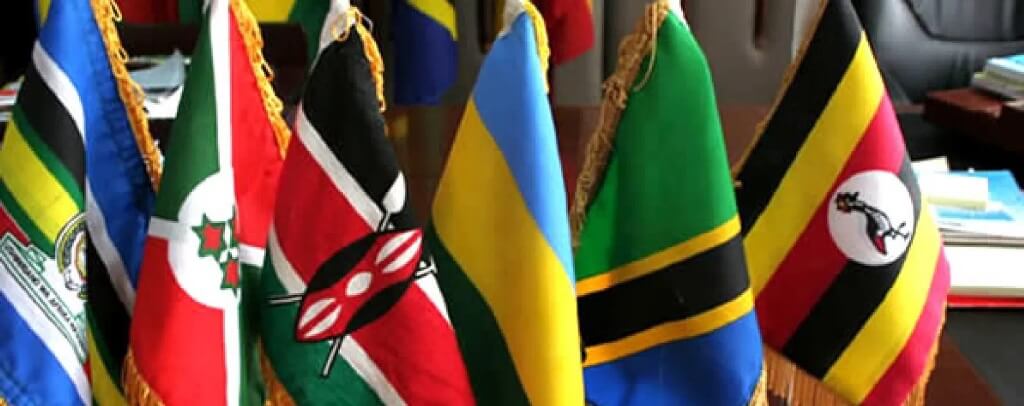Ahead of last week’s African Union ministerial meeting, prominent business leaders issued a letter to Heads of State to observe the 01 July deadline for the African Continental Free Trade Agreement to come into force. The signatories to the letter say that there is no legitimate reason to postpone the AfCFTA even if they understand that a staggered approach can be used given current circumstances. The letter was written in response to several media articles alleging that African Heads of State are considering to delay the implementation date. One of the signatories is Paulo Gomes, former Executive Director of the World Bank and Chair of the Executive Committee of AfroChampions. The AfroChampions network has been mandated by the African Union to coordinate private sector discussions around the AfCFTA. Gomes stated that the ministers had a duty to respect the current deadline. “We understand that certain parts of the AfCFTA are sensitive. The rules of origins and tariffs need time but we can start with trading of essential goods. That will send a strong message to the world that we are serious about the AfCFTA and to African businesses. The private sector is the biggest beneficiary of the AfCFTA and with supply chains being disrupted globally, it is even more urgent that we have a functioning system within the continent to create continental supply chains.” The signatories argued that governments were right to ensure that the immediate response was a health one. But the looming crisis is economic and the AfCFTA...
AFROCHAMPIONS LETTER TO AFRICAN UNION ARGUES FOR CONTINENTAL FREE TRADE IMPLEMENTATION ACCORDING TO SCHEDULE
Posted on: May 19, 2020
Posted on: May 19, 2020























